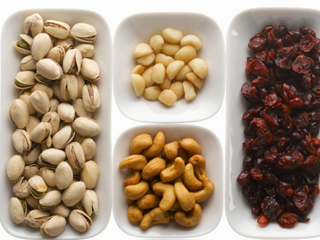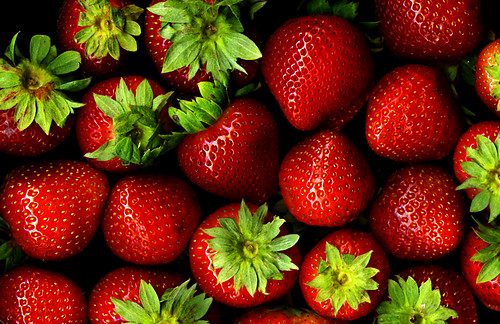By Will H Stewart
Does the food that you eat affect your brain? You bet it does! The brain is the most sensitive organ in the body and it responds immediately to any insults. Unfortunately, the insults I am referring to are not just verbal. Insults can range from not getting enough sleep at night, drinking a soft drink filled with High Fructose Corn Syrup, eating conventionally grown strawberries to fighting with our spouse/boss/children/friends/etc.
Save your brain, people and stop insulting it by doing things that are controllable. The biggest being the food that you eat everyday.
Toxic foods are the some of the biggest insults to our brains, and there are two that are more than likely lurking in your kitchen now. If so, go throw them away! They are:
HIGH FRUCTOSE CORN SYRUP (HFCS):
This little chemical is now produced by the BILLIONS of pounds of which 66 pounds per year are consumed per person. This form of sugar is much sweeter than sugar but the side effects are that it increases appetite, promotes obesity and is more addictive than cocaine. It is the main form of sweetener in all processed and junk foods. It's in mostly everything, so check the ingredients! This little chemical can lead to diabetes and an inflamed brain. If you are not convinced yet one more interesting fact is that sugar and HFCS causes crusting in your brain just like a creme brule' or crispy chicken skin. It does this because the sugar in these foods react with proteins in the body that form plaques called Advanced Gylcation End Products. This plaque gunks up your brain, damaging most cells and tissues.
TRANS OR HYDROGENATED FATS:
These trans fats that are man-made and are in most processed foods, baked goods, fried foods, margarine, etc. Because of they way they are created and are molecularly unstable, they cause anything from increased body inflammation to interrupting basic brain functions.
So what are you waiting for? Any questions about products with HIGH FRUCTOSE CORN SYRUP or TRANS/HYDROGENATED FATS? Basically, they are bad! Unfortunately, more and more information is coming out these days about each and it's effects on the body and NONE have had a glowing review.
So what's the solution? Eat more organic fruits and vegetables to start with. Try two pounds of veggies and 4 servings of fruit per day. Not only will your brain thank you but you will probably shed a few pounds!
Happy Eating!
Article Source: http://EzineArticles.com/?expert=Will_H_Stewart





